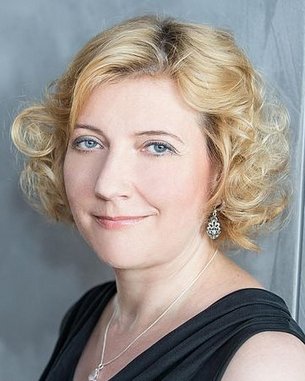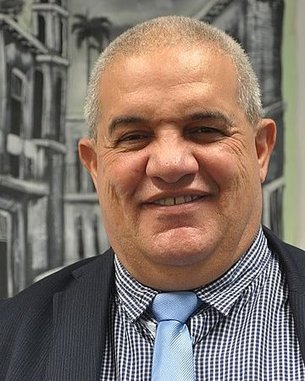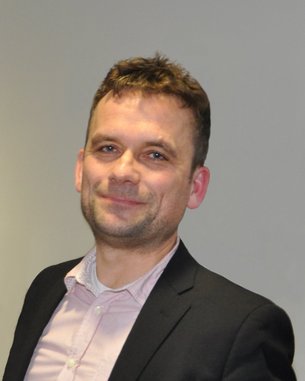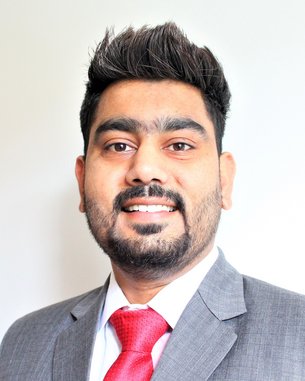
Institute of Applied Resource Strategies (IARS)
Our goals
- Implementation of application-oriented research and development projects
- Development of sustainable technologies (in principle, a sustainability assessment of the developed technologies is carried out with regard to economic, ecological and social factors)
- Upscaling of the technologies developed on a laboratory scale and support in setting up pilot plants with industrial partners
- Knowledge transfer by involving students and doctoral candidates in research and development, by designing further courses of study and continuing education programmes for industrial partners (especially SMEs)
- International cooperation within the framework of development promotion projects in the field of research and further education
What motivates us?
The increase in world population coupled with rising prosperity and new innovations, have led to an increased use and manufacture of products, that reach their end-of-life earlier and earlier. These expansions require a growing amount of material resources such as ceramics, base and technology metals, biomaterials and fossil fuels.
In order to meet the ecological, economic and social challenges that the aforementioned developments bring with them, sustainable resource strategy action is necessary. This includes the closed-loop recycling of material resources as well as the substitution of particularly supply-critical materials with less critical ones and, in general, the efficient use of resources in products and processes.
With this background in mind, the IARS aims to contribute with its work to overcome the challenges in the field of resource use described above, through its competencies and focal points, which are:
- Technological ways of recycling material resources
- Innovative and sustainable recycling technologies (focus: material composites and mixed waste with plastics and metals)
- Ways to remanufacture and reuse
- Thermal waste treatment (focus: pyrolysis and gasification)
- Decarbonisation and bioplastics
- Substitution of supply critical materials
- Sustainability considerations
- Material and energy-efficient production
- Battery and fuel cell research
- Waste-to-energy and waste-to-resource research
Contact
Projects
- ReComp: technical development and construction of a pilot plant for the economically and ecologically sensible recycling of metal/plastic composite materials
- ReGCell: recycling of glass and silicon cells from PV systems
- IRETA 2: development and evaluation of innovative recycling routes to recover tantalum from electronic waste
People involved
Executive and Scientific Director:
Second Scientific Director:
- Prof. Dr. Mathias Wickleder
Other people involved:
- Prof. Dr. Osvaldo Romero
- Matthias Raab
- Bum-Ki Choi
- Arantza Ramirez
- Himanshu Dilip Khadse



